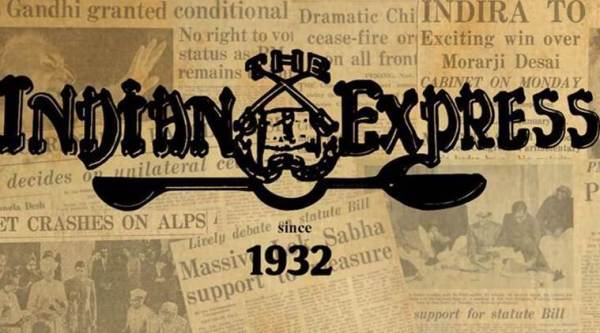 Apart from humanising the India-Pakistan dialogue, Nayar will be remembered best for insisting on the freedoms and responsibilities of the press.
Apart from humanising the India-Pakistan dialogue, Nayar will be remembered best for insisting on the freedoms and responsibilities of the press.
Veteran reporter, editor, writer, diplomat, parliamentarian and activist, Kuldip Nayar was a public-spirited citizen of many parts, and his loss will be widely felt. He began his career in the Urdu press, but went on to break some of the biggest stories ever in the national media, including Indira Gandhi’s decision to call early elections in 1977. Nayar will be particularly missed at The Indian Express, whose newsroom he helmed during the Emergency. He embodied the commitment to liberty and democracy, and determination to question power — irrespective of who is in power — which has driven this newspaper. He was an editor determined to push back against authoritarianism, even at the cost of personal liberty, and numbered among those who were jailed during the Emergency.
Nayar was nominated to the Rajya Sabha and served as high commissioner in London, before turning to activism and bringing a human touch to India-Pakistan relations. He also found the time to write 15 books, including his autobiography, Beyond the Lines (2012). And down the years, he had remained a wonderful resource for younger journalists, offering empathy for both sides of a subcontinent arbitrarily sundered by history.
Apart from humanising the India-Pakistan dialogue, Nayar will be remembered best for insisting on the freedoms and responsibilities of the press. He had put out an early warning signal in the pages of this newspaper about “soft Hindutva” and pro-Establishment sentiments creeping into the media, and had surmised that in the future, the state would no longer have to exert itself unduly to make the press fall in line. But the principles that Nayar lived by, and which are still widely admired, will continue to serve as talismans against such a dystopia.